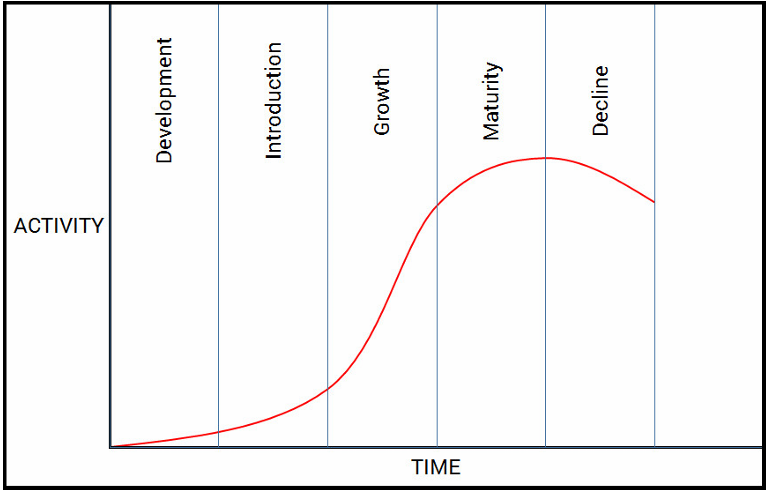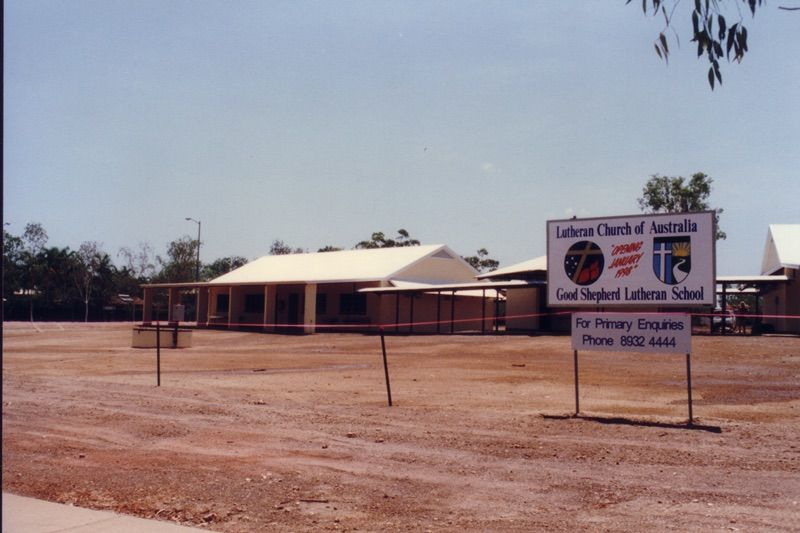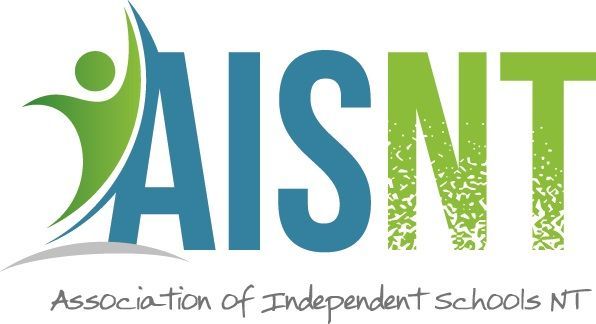Live Alertly and be Continually Observant
A Principal should never stop learning and considering possible solutions to issues. It little matters if you are right or wrong, what does matter is that you exercise your mind and consider the issues or situations. If thoughts are flowing, then some solutions may be gathered as you tackle your next issue. Good solutions will not arise all the time, but the practice of good and challenging thinking will often bear useful fruit.
It is to this end that my mind drifted as I proceeded to take my old Dog Bunya for a walk. She is 15 1/2 and very much an old girl. Her fight with a large kangaroo in a dam some seven years ago, which was far from wise, almost sent her to heaven. But she is a tough Kelpie, brought up in the NT, so to the admiration of the Southern vets she survived earning the title of Miracle Dog. But her scrapping days are over, and life has become slower, with much sleep as the main order of each day.
Because she moves slowly I started to believe she was not interested in going for walk at all. Then I suddenly changed my tack- I was determined not to worry about the speed of the walk or indeed the ultimate direction but I wanted to see where she would take me (within reason) and see what she would do. It worked a treat - I was totally wired for patience and was determined to let her take the lead. Yep! It was obvious. She had a fantastic time smelling everything!
There was no statutory track or indeed specified time. The time was hers and I was determined to let her have it. She clearly got huge satisfaction smelling clumps of grass, examining trees, sniffing bark on the ground, examining posts etc. etc. and she was exceptionally happy! And so was I - I had found a channel to her satisfaction and it was based on me being patient and understanding and being prepared to give her time. It was thought provoking to me on a number of levels and I applied what happened to my understanding of effective teaching.
Some kids need more time than others and some wander along on a different page, but it doesn’t mean they aren’t engaged in creative, profitable thought, though it might be straying a little from the lesson. Success is found, I believe, in the capacity and enjoyment of thinking. This of course feeds into that age old question all “schoolies” should continually struggle with: “How do children learn?” Sure, as principals, we have to do a fair amount of administration but our passion should really be about children and learning. And now for a little segway. We are about to enter the annual challenge of the school’s budget. To me it is essential that debate in this process should be led by the school’s commitment to learning. If it is distracted from this towards other issues, negating any thought of learning, I believe the Principal should be the squeaky wheel ensuring learning is directed back onto the agenda.
Obviously a central factor in the budget is the possible income which must be identified. A key factor in income is the demand for places at the school. If there is little competition in the school’s market catchment, so long as the fees are appropriate to the population in that area, then there is a good chance that demand for places will be good. However this will depend on factors such as reputation, atmosphere and morale in the school, a culture that sits comfortably with students and parents and dedication to the art and mystery of students’ learning. The number of newfangled Xs will come well behind this. “The school has a wonderful X machine” won’t matter if the kids are unhappy and not learning effectively. Teaching must be good!
When there is only one school with such reasonable conditions it might be said that the demand will be inelastic. As effective competition increases the demand becomes harder to maintain at its former level. It may be said that the demand is now more elastic. The school must be aware of this change in the elasticity of demand as income in an independent school relates so much to student numbers. In addition to fees there is income from the government. This income is usually distributed on a percapita basis. A principal will ignore an honest understanding of the market at their own peril.
Another piece of economic theory which should be examined annually is based around the Law of Diminishing Returns. This law follows a sigmoid curve which is like this:

The board may ask whether teachers can take one more lesson. It may be that this is reasonable. If they can it would seem that teacher productivity perhaps rises. But can they do more? If they can there will in the end be an effective limit. The point will eventually be reached when staff are over stretched and their teaching effectiveness begins to drop, learning suffers, morale suffers, and students start to become dissatisfied. The budget may have seemingly improved the “bottom line “when finalised in November, but the effect of the budget will be felt in the following year.
If teachers are overworked and can’t maintain their high standards, learning suffers, kids become unhappy and “ratty”, parents begin to be dissatisfied, reputation drops and so does demand. It is pointless to think this won’t happen if the safe limit is past.
The Board must be encouraged to address this issue first whenever they are tackling the budget. An appropriate statement should be “do teachers have what they need to deliver their best?” Board members have all been to school so they may think they know the answer to this better than the Principal, but it is possible they don’t. The Principal must have the confidence to speak up relating to this - to not do this is to not do their job properly. To do this they must know their staff well, how the Law of Diminishing Returns relates to each one, because it will vary, and where the strengths and weaknesses are. They must know whether students are learning effectively in the school.
In some situations, the budget becomes solely focused on the figures, whether they balance or what debt the school can manage. Sure this is important but the process must go the next step and see how the figures relate to the quality of the education offered.
There are many aspects of a school that affect learning and the Principal must be continually aware of these. A key one is how the school presents. I experienced in my early days a school official saying that it is pointless buying new desks because the students don’t look after them. In my experience students won’t look after “rubbish” desks or tables but are more likely to look after good ones - and that goes for other things as well.
If a school is well maintained, displays an interesting character to the school community, is thoughtfully but interestingly decorated, projects a welcoming feel and indeed is a place of which the students and staff can be proud, then I believe it will go a long way to supporting learning. But reaching this standard does take ongoing commitment and investment. School properties do run down quickly.
It is vital that high standards are maintained.
SOME THOUGHT-PROVOKING SAYINGS
“Do not wish evil for others. Do not speak ill of others. Do not obstruct anyone’s activities.”
- Guru Nanak (1469 - 1539), the founding Guru of the Sikhs.
“It’s widely recognised that there is no peace without development and no development without peace; it is also true that there is no peace and sustainable development without respect for human rights. We have to transcend our differences to transform our future.”
- Antonio Gutierrez, the ninth Secretary-General of the United Nations who took office on 1st January 2017.
“Success is not the key to happiness. Happiness is the key to success. If you love what you are doing you will be successful.”
- Albert Schweitzer (1875-1965). He was a Lutheran Minister from Germany who was a theologian, organist, musicologist, writer, humanitarian, philosopher and physician.
“Strive not to be a success, but rather to be of value”
- Albert Einstein (1879-1955) Born in Germany, became a theoretical physicist and perhaps the most influential scientist of all time.
“One of my prized possessions is still the prefect’s tie that I got in this school. I keep it with me. It was the first leadership position I ever had”
- Julia Gillard Australia’s first female Prime Minister.
“One of the criticisms I’ve faced over the years is that I’m not aggressive enough of assertive enough, or maybe somehow, because I’m empathetic, It means I’m weak. I totally rebel against that. I refuse to believe that you cannot be both compassionate and strong”.
- Jacinta Ardern, former New Zealand Prime Minister.
“If I didn’t fill my schedule with things I felt were important, other people would fill my schedule with things they felt were important.”
- Melinda Gates, philanthropist, businessperson and global advocate for women and girls.
“Just try new things. You should never view your challenges as a disadvantage.”
- Michelle Obama, former US First Lady.
“It has long been my belief that the right to a good life is founded in a good education.”
- Professor Marcia Langton AO Melbourne University. She is the Foundation Chair of Indigenous Studies, University of Melbourne.
Chris Tudor
Principal Liaison & AISNT Historian



